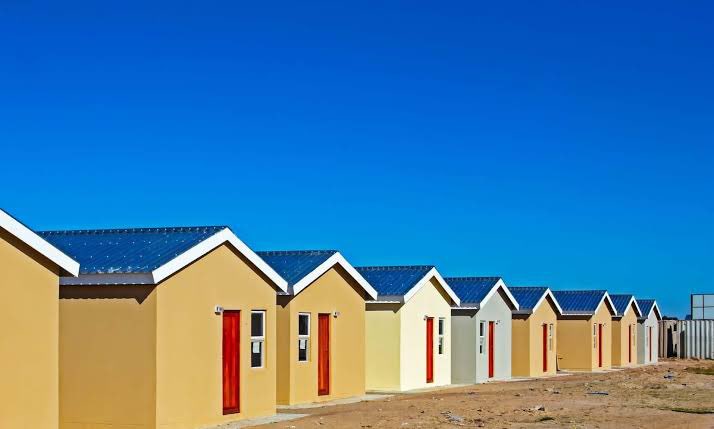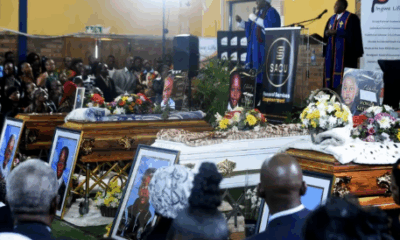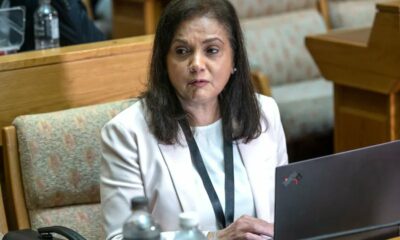Durban’s flagship integrated housing project, Cornubia, has been thrown a R69 million lifeline to kickstart the construction of hundreds of new residential sites. The cash injection, approved by the eThekwini council, is aimed at accelerating Phases 2A and 2B of the massive development, which is now also tasked with housing victims of the devastating 2022 floods.
However, the funding boost comes with a stark reality check: while new houses are being built, the community infrastructure promised over a decade agoschools, clinics, and police servicesremains largely a blueprint, leaving thousands of residents in a half-finished town.
Progress and a Changing Landscape
The municipality reported that Phase 1 of the project is nearly complete, with 95% of the houses already transferred to their beneficiaries. The project is a joint venture between national, provincial, and local government.
In a significant shift, the project’s original strategic private partner, the embattled Tongaat-Hulett, is now in the final stages of a business rescue process. While this has caused major disruptions, the municipality confirmed that the land in the Cornubia Town Centre has been sold to a new, “experienced and well-resourced” developer who has already attracted a major international home decor chaina sign of growing commercial confidence in the area.
The Funding Gap and the Flood Victim Mandate
The collapse of the Tongaat-Hulett partnership created a massive financial hole. With R78 million in budgeted funds only covering costs until the end of this year, the council has now reprioritised R69 million from unspent grants. This money is specifically earmarked to implement at least 700 serviced sites in the current financial year, many of which are destined for flood victims still living in temporary accommodation.
“Where Are the Schools and Clinics?”
Despite this progress, local councillors highlight a critical deficit in social infrastructure. Democratic Alliance councillor Rory Macpherson delivered a sobering assessment, noting that the project is already delayed by 15 years.
“We are supposed to have two schools, two high schools, a pre-primary school, two clinics, and other facilities. No funding is made for this,” Macpherson stated. “All we have is a primary school and an unfinished clinic. There is no policing, streets are completed without street lighting, and there is no integrated transport plan.”
This paints a picture of a community that has houses but lacks the essential amenities that make a neighborhood functional and safe. The R69 million is a crucial step forward in building roofs over heads, but for Cornubia to truly become the “sustainable, integrated” settlement it was envisioned to be, a parallel and urgent investment in schools, clinics, and public safety is now the most pressing need.
{Source: IOL}




























